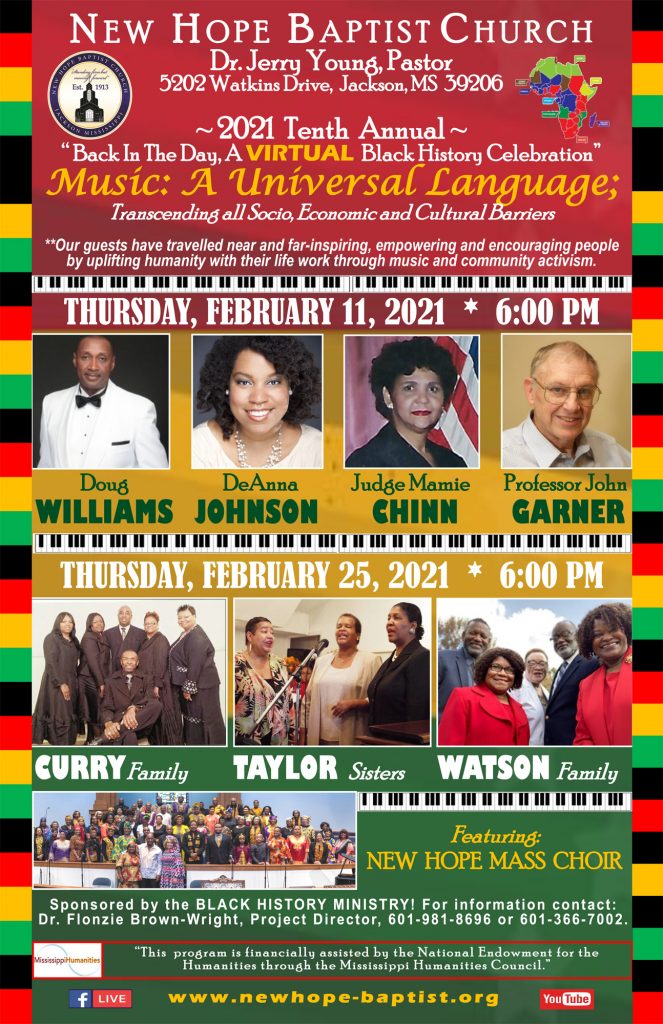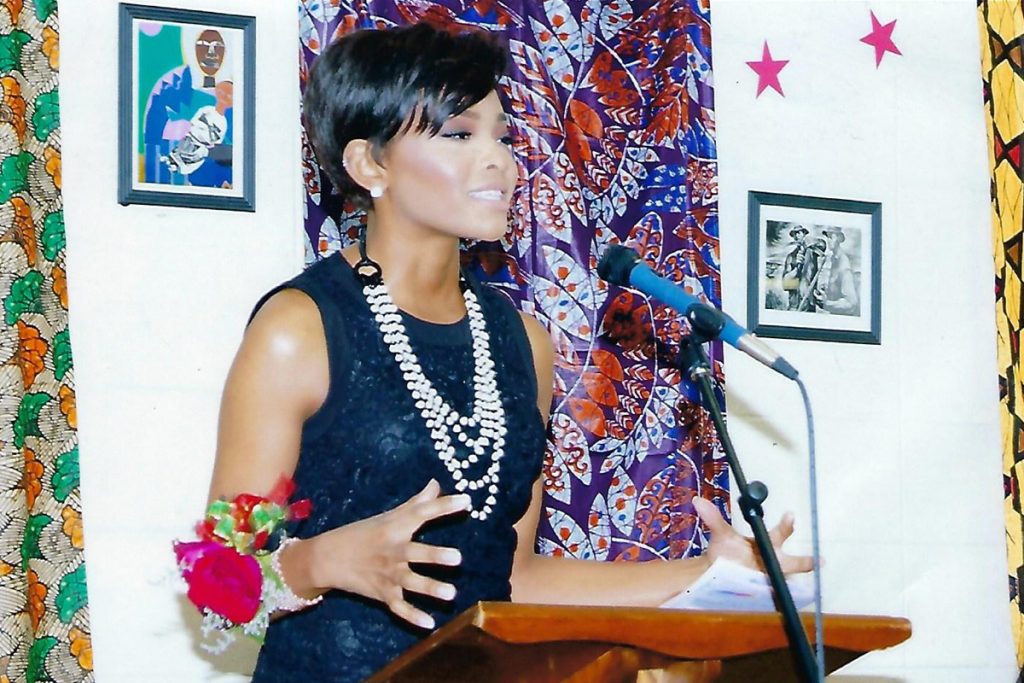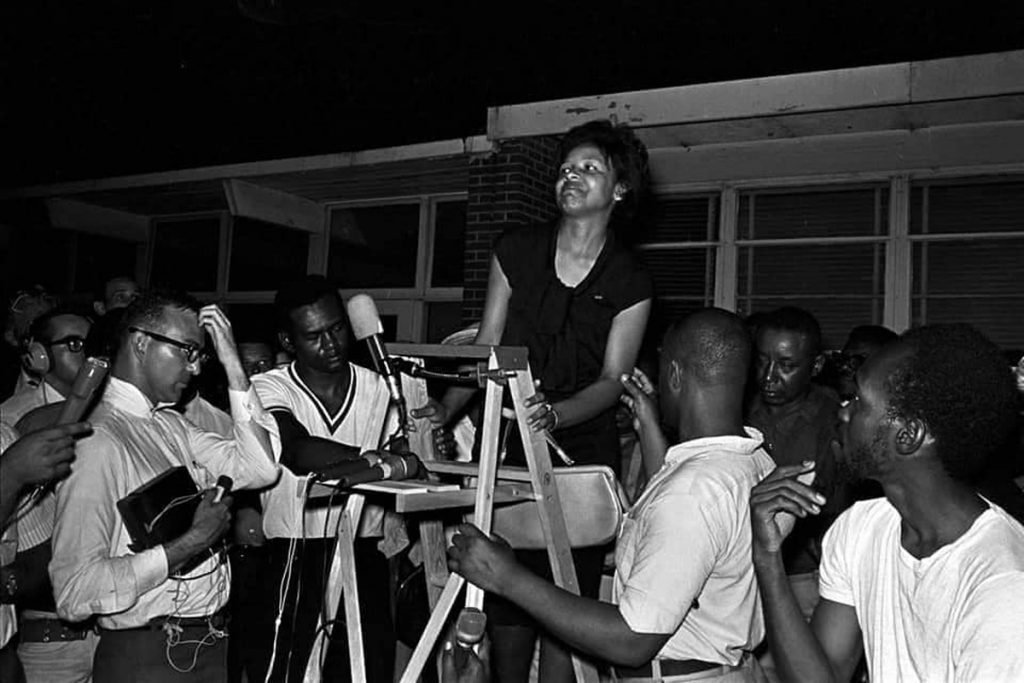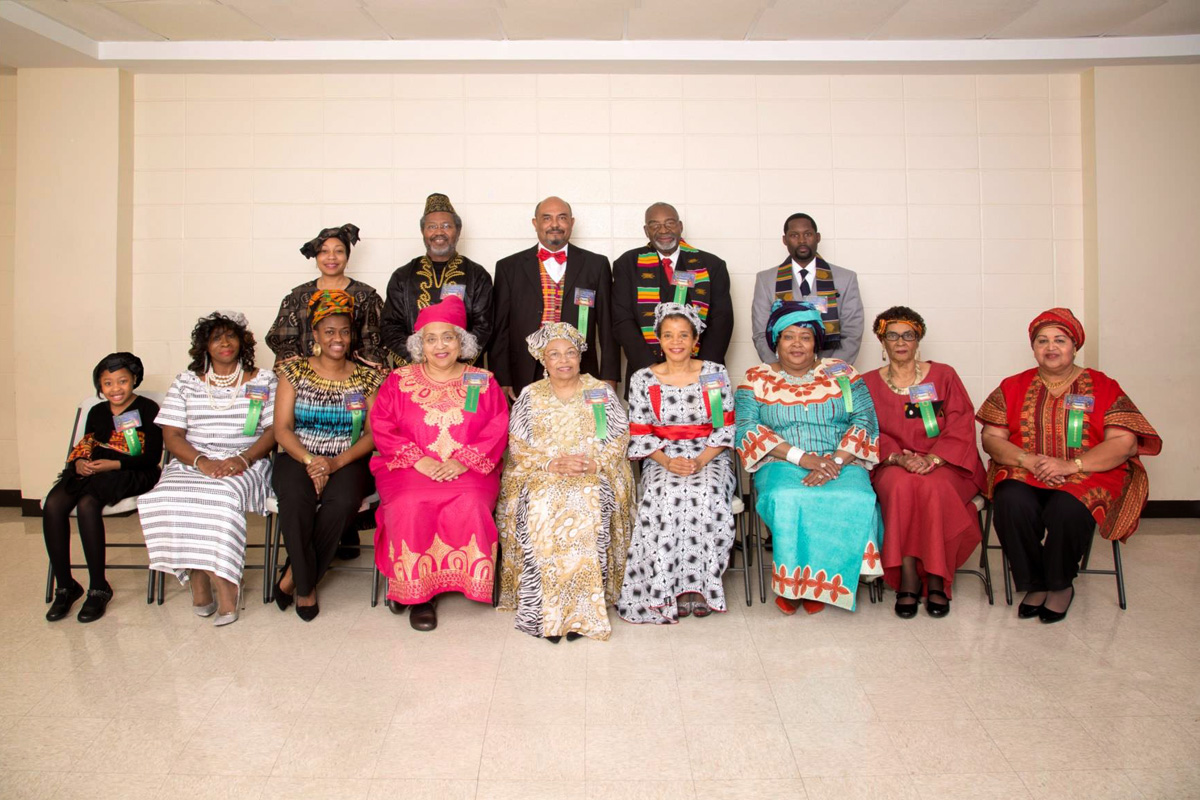In Steven Lewis’ essay “Musical Crossroads: African American Influence on American Music,” he writes that to describe African Americans’ influence on American music would be a difficult task as there would be no American music without their influence.
“Their work songs, dance tunes and religious music—and the syncopated, swung, remixed, rocked and rapped music of their descendants—would become the lingua franca (common language) of American music, eventually influencing Americans of all racial and ethnic backgrounds,” Lewis writes.
Mississippi itself has an indelible imprint on American music with African slaves and sharecroppers birthing the blues in the cotton fields and plantations of the Mississippi Delta. This mournful-yet-uplifting music helped them cope with the hardships and brutality of daily life.
Even today, when the pandemic has made it impossible for concerts and musical festivals, Black musicians and artists have found a way to bring audiences together in creative ways, such as the Verzuz battles. Created by producers Timbaland and Swizz Beatz, two musicians trade 20 songs from their discographies back and forth through Instagram Live. The battles are continuing to bring in millions of viewers and break records.
Right now, Black music and musicians are giving audiences a reprieve from the harsh realities of pandemic life. This respite is what civil-rights activist Flonzie Brown-Wright is hoping to deliver for New Hope Baptist Church’s 10th Annual “Back in the Day” Black History Celebration throughout February, the month now known for an idea birthed by Black historian Carter G. Woodson and other prominent African Americans, dating back to 1915. What was first known as “Negro History Week” to help Black Americans understand their pivotal and vital role in history now is a month-long celebration and educational journey.
“The story of African Americans in this country conveys strength, faith, resilience and tenacity; and this annual celebration at New Hope Baptist Church ensures that our audience knows that African American History is American History,” Program Committee member Daphne Chamberlain-Wilson said of the program.

‘Music Has Always Lifted the Soul’
Due to the pandemic and the negativity of the previous year, Brown-Wright said the historic church decided to just have music be the theme for this year’s celebration.
“We’re just trying to do music, which we believe will serve to uplift mankind, to hopefully put us in a better place spiritually, socially and emotionally, and all those things we believe we can do to help other people traverse through this very difficult time that we’re having now,” Brown-Wright told the Mississippi Free Press.
Unlike prior years, the community will celebrate from home as the program will be virtual with two programs instead of four. On Feb. 11, DeAnna Tisdale Johnson and Doug Williams will lead musical selections with Judge Mamie Chinn and Professor John Garner being honored.
The musical events are infused with a deep and enduring history of Black resilience and achievement in Mississippi.
“Judge Mamie Chinn is the first Black circuit-court judge in my hometown of Canton,” Brown-Wright said. “Professor John Garner, who retired from Tougaloo, (is) not only an educator, but he was responsible in his younger years for integrating schools and churches in the Mississippi area.”
Then on Feb. 25, the final night of the celebration, the Curry Family, the Taylor Sisters, the Watson Family and the New Hope Mass Choir will lead musical selections for the night.
“We know that music has always lifted the soul, not only for African Americans, but people in general. New Hope is the place to be in February and has been the place to be before the pandemic every Thursday in February,” Brown-Wright said.
‘Celebrate, Honor, Teach’
Flonzie Brown-Wright has been spearheading New Hope’s Black History program since 2010 after the church’s youth director Deacon Jim Adams approached her on behalf of Pastor Jerry Young. The church wanted to bring new energy to the program, she said, and it was her civil-rights background that drew them to her.
The Canton native worked with Charles Evers in the 1960s who taught her how to organize and help register black people to vote. She helped to integrate Lake Hico on behalf of her late son, Edward Goodloe Jr., she led marches and worked with civil-rights leaders such as the late John Lewis, Jesse Jackson Sr. and C. Delores Tucker.
“Deacon Jim Adams and I met and talked. The pastor wanted a program every week during the month of February. So for 10 years, I planned four programs for New Hope,” she said.
As the project director, the goals of the “Back in the Day” celebration are threefold, she said.
“Number one: to celebrate the accomplishments of African Americans, past and present. Number two: we honor civil-rights living legends. Our third purpose is to teach our youth the importance of our legacy and the legacy they will leave,” Brown-Wright said.

The program has honored figures like Keith Beauchamp, a Black filmmaker whose research on the Emmett Till murder and his documentary “The Untold Story of Emmitt Lewis Till” caused the United States Department of Justice to reopen the case. (He is also on the advisory board of the Mississippi Free Press.) Constance Slaughter-Harvey, a Mississippi native and the first Black female judge in the state who represented the families of the victims of the Jackson State Gibbs-Green shooting. Ellie Dahmer, civil-rights activist and educator who, along with her husband, Vernon F. Dahmer Sr., helped get Black people registered to vote in Forrest County, which led to his murder by white supremacists.
A lot of work goes into the program and far more than Brown-Wright can do herself. She has help in the form of a 13-person committee made of four married couples and various church members, she said.
“I felt that this ministry was so important that I did not need to be the only one involved in it. I try to organize people so that they can feel special, they can feel important, and there are no big I’s and little you’s in our program,” she said.
A Year in the Making
George and Ethel Brooks told the Mississippi Free Press in a statement that working alongside Dr. Flonzie Brown-Wright has allowed them to get closer to and celebrate their rich heritage.
“We look forward to many more years of educating our youth as well as the community,” the Brooks said.
It takes the committee a year to plan the program with a debriefing session in March to see what went well, what went wrong and what can be improved, Brown-Wright said. There’s a two-month break before planning kicks in across the summer for the next February, she said.
“We have six weeks to execute what we planned all year. And for that six-week period, the committee lives on skates. We are moving because some things cannot be done until the last minute,” the project director said.
With a virtual program this year, the committee has had a few challenges, but it has also given them an opportunity to rethink and reprocess how they organize the program to reach the greatest number of people, Brown-Wright said.

“One of the deacons that’s on our committee, Deacon Robert Patterson, worked at Jackson State for many years in the IT department. He is working with our virtual recorder, Mr. Duffey. They’re putting all these pieces together. They’re responsible for setting up times to record the people who are going to be on our program,” she said.
They’ve also reworked their marketing system, sending out mass mailings to pastors across the state and members of the community and church. The church’s funding partner is the Mississippi Humanities Council, to whom the church submits evaluations so the council can continue to receive funding to give to others, Brown-Wright said.
They also promote on Facebook, send out emails and beginning in February, they will pass out copies of the event program. All ministries within New Hope Baptist Church are involved in the implementation of the annual celebration, she said.
“We pass out communion as well as collect tithes and offerings every week. While they’re driving through to give their tithes and offerings, the deacons will be giving them a copy of the program with the self address back to me with the evaluation. We’re trying to make it as easy as possible for our members. All hands are on deck,” she said.
‘Pass Our Legacy’
Flonzie Brown-Wright said it has been exhilarating to put this program on for 10 years. During the program, she likes to sit back and watch, letting her committee members take the lead because she wants them to be involved, she said.
That extends to the media as well, so she made it her duty to make sure all committee members would be included in this story. As much as this is an opportunity to inform the community at large, it can be a life-changing and educational experience for those who work behind the scenes.
Timothy and Avis Lloyd have been committee members of the “Back in the Day” celebration for eight years, and it has helped them learn who they are and where they come from, they wrote in a statement.
“The fact that we stand on the shoulders of great men, women, boys and even girls gives us energy to succeed. We have met so many people who have paved the way for us literally with their sweat and blood. So, being a part of this committee has been life changing,” the Lloyds wrote.
Rev. Wendell Paris said the program has helped him gain a greater appreciation for the contributions of his ancestors in the areas of economic development, cultural enrichment, music, math and science.
“We must pass our legacy on to future generations,” Paris told the Mississippi Free Press.
New Hope Baptist Church’s 10th Annual “Back In the Day” Black History Celebration will broadcast live on the church’s Youtube channel and Facebook page on Thursday, Feb. 11 and Feb. 25 at 6 p.m. For more information about the celebration and New Hope Baptist Church, visit here or email Flonzie Brown-Wright at flonziebrownwright@att.net.






